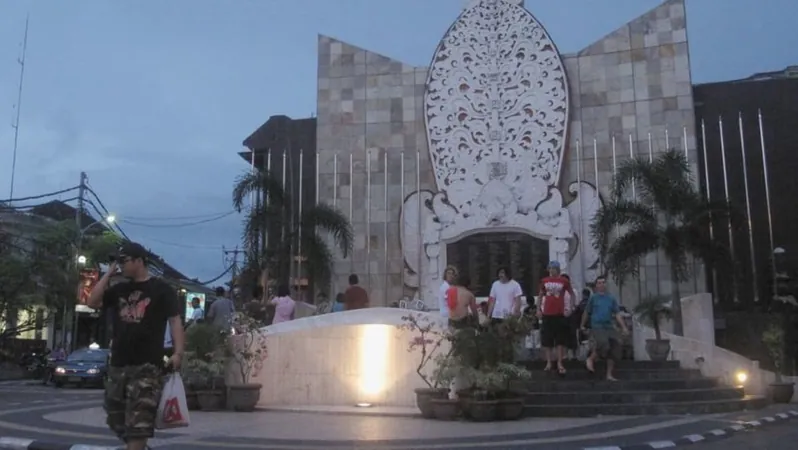
Indonesia Considers Repatriation of Infamous Bali Bomb Plotter Hambali from Guantanamo Bay
2025-01-21
Author: Siti
In a significant development, Indonesia is exploring the potential repatriation of Riduan Isamuddin, commonly known as Hambali, an al Qaeda-linked detainee held at Guantanamo Bay. Hambali, often referred to as “one of the world's most lethal terrorists” by former President George W. Bush, is alleged to have played a pivotal role in some of the most devastating terrorist attacks in Indonesia, including the notorious 2002 Bali bombings that claimed over 200 lives, predominantly foreign tourists.
Hambali's notoriety does not end there; he is also accused of financing the Jakarta Marriott Hotel bombing in 2003, which resulted in multiple casualties. Captured during a U.S.-led operation in Thailand in 2003, he was subsequently transferred to Guantanamo Bay in 2006, where he has remained ever since.
Recent statements from Indonesia's senior minister for law and human rights, Yusril Ihza Mahendra, have brought the country's intentions into the spotlight. Yusril noted that the statute of limitations on the criminal cases against Hambali has expired, raising questions about Indonesia’s ability to prosecute him upon his return. “Despite his crimes, Hambali is an Indonesian citizen. It is our duty to care for him,” Yusril remarked.
Despite Indonesia's desire to question Hambali about his alleged involvement in various terrorist plots, including the devastating September 11 attacks, past requests to access him have been denied by U.S. authorities. There has been no formal admission or denial from Hambali regarding his alleged actions tied to these attacks.
The Jemaah Islamiyah (JI) militant network, of which Hambali was a prominent figure, once posed a significant threat across Southeast Asia, with cells operating in Malaysia, Singapore, and the Philippines. However, following extensive government crackdowns and de-radicalization initiatives, JI's presence has markedly diminished. Recently, senior members of JI announced that the network was in the process of disbanding, leading to discussions around parole for former leaders and amnesty for imprisoned members.
The Indonesian government plans to initiate discussions with the U.S. concerning Hambali’s potential return. The U.S. has previously repatriated other detainees, including two Malaysian nationals who pleaded guilty to serious offenses.
As Indonesia grapples with this decision, it raises critical questions about security, justice, and the complexities of handling former terrorists. The outcome of these discussions remains to be seen, but they could have profound implications for Indonesia's ongoing fight against extremism and its efforts to reconcile its troubled past.


 Brasil (PT)
Brasil (PT)
 Canada (EN)
Canada (EN)
 Chile (ES)
Chile (ES)
 Česko (CS)
Česko (CS)
 대한민국 (KO)
대한민국 (KO)
 España (ES)
España (ES)
 France (FR)
France (FR)
 Hong Kong (EN)
Hong Kong (EN)
 Italia (IT)
Italia (IT)
 日本 (JA)
日本 (JA)
 Magyarország (HU)
Magyarország (HU)
 Norge (NO)
Norge (NO)
 Polska (PL)
Polska (PL)
 Schweiz (DE)
Schweiz (DE)
 Singapore (EN)
Singapore (EN)
 Sverige (SV)
Sverige (SV)
 Suomi (FI)
Suomi (FI)
 Türkiye (TR)
Türkiye (TR)
 الإمارات العربية المتحدة (AR)
الإمارات العربية المتحدة (AR)